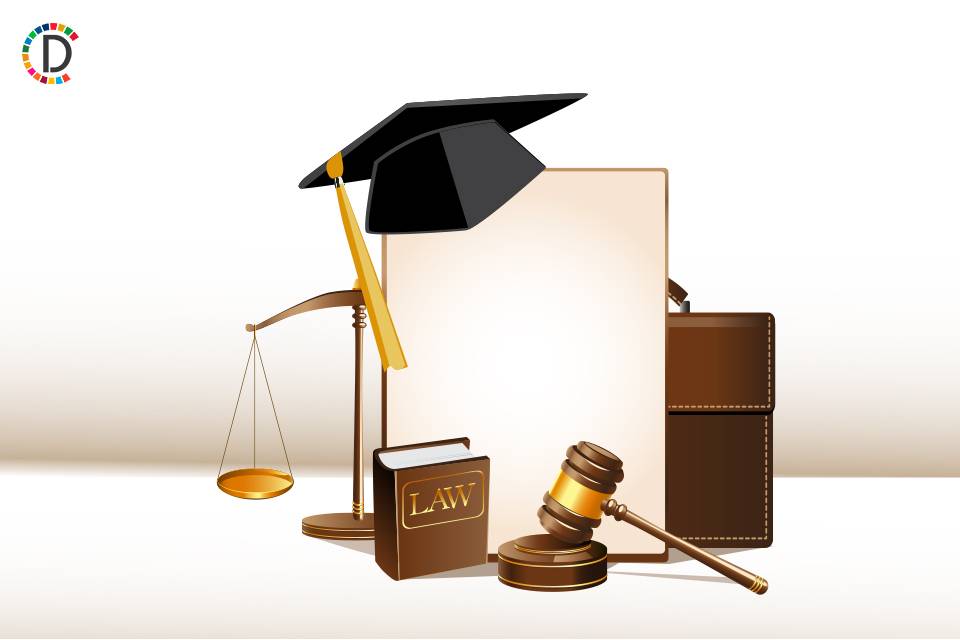Southeast Asian summit to address Myanmar's post-coup crisis

- Country:
- Thailand
When the 10-member Association of Southeast Asian Nations holds a special summit Saturday to discuss Myanmar, the regional body will be under as much scrutiny as the general who led the February coup ousting the elected government of Aung San Suu Kyi.
Opponents of the junta are furious that ASEAN is welcoming its chief, Senior Gen Min Aung Hlaing, to its meeting in the Indonesian capital Jakarta, arguing that because he seized power by force, he is not Myanmar's legitimate leader. Also weighing heavily against him is the lethal violence perpetrated by the security forces he commands, responsible for killing hundreds of largely peaceful protesters and bystanders.
"Min Aung Hlaing, who faces international sanctions for his role in military atrocities and the brutal crackdown on pro-democracy protesters, should not be welcomed at an intergovernmental gathering to address a crisis he created," said Brad Adams, Asia director for New York-based Human Rights Watch. "ASEAN members should instead take this opportunity to impose targeted, economic sanctions on junta leaders and on businesses that fund the junta, and press the junta to release political detainees, end abuses, and restore the country's democratically elected government." The junta's foes have promoted the idea that the opposition's parallel National Unity Government, recently established by the elected lawmakers the army barred from being seated, should represent Myanmar, or at least have some role in the Jakarta meeting. It has not been invited.
"It's unacceptable that they invite this murderer-in-chief, Min Aung Hlaing, who has just killed more than 730 people in Myanmar, and I think it is very unfortunate that they, again and again, talk to the military generals and not to the civilian government of Myanmar, which is the NUG," says the parallel government's Minister of International Cooperation, Dr Sasa, who uses one name.
Evan Laksmana, a researcher for Indonesia's Centre for Strategic and International Studies, a think tank with close government ties, told The Associated Press there is a very practical reason for engaging Min Aung Hlaing face to face.
ASEAN recognises "the reality is that one party is doing the violence, which is the military, and therefore that's why the military is being called to the meeting. So this is not in any way conferring legitimacy to the military regime," he said.
By talking to the general, ASEAN hopes to initiate a longer term framework process, starting with ending the violence, that will "hopefully help facilitate dialogue among all the stakeholders in Myanmar, not just (with) the military regime." Skeptics feel ASEAN faces more basic problems in seeking to resolve Myanmar's crisis. They point to the divergent interests of the group's members, its longstanding conventions of seeking consensus and avoiding interference in each other's affairs, and the historic obstinacy of Myanmar's generals.
One faction in the group, comprising Indonesia, Malaysia and Singapore, believes the instability engendered by the coup threatens the entire region as well as ASEAN's credibility as a group powerful enough to act independently of big power influence.
They also point out that the ASEAN Charter — adopted in 2007, 40 years after the group's founding — includes democracy, human rights, good governance and rule of law as guiding principles.
"Now is a grave time for ASEAN's much-touted centrality, the idea that ASEAN is a central regional platform for regional dialogue, for promoting peace and stability in the region," said Prof. Thitinan Pongsudhirak, director of the Institute of Security and International Studies at Bangkok's Chulalongkorn University. He said that conception of ASEAN is now facing "its most severe, grave challenge" in 53 years of existence.
Member countries with more authoritarian regimes — Laos, Cambodia and Vietnam — see little benefit in paying more than lip service to such principles, and have treated Myanmar's crisis as its own internal matter.
The Jakarta meeting is a hybrid one, with onsite attendance encouraged but virtual participation by video an option because of the coronavirus pandemic. Thai Prime Minister Prayuth Chan-ocha and Philippine President Rodrigo Duterte both announced they will stay home and send their foreign ministers in their stead, but they are dealing with serious COVID-19 outbreaks, obscuring any political message in their decisions.
"It is more difficult to communicate on a personal level between the leaders without the leaders being present fully, particularly with regards to the prime minister of Thailand, whom we believe to have the best relationship with the current senior general from Myanmar," observed Indonesia's Laksmana.
He believes ASEAN has a unique opportunity to engage productively with Myanmar's ruling junta "because right now there is no other option on the table." "We haven't seen any progress from the UN Security Council, for example. There is no collective effort by other countries. This is it. This is the first potential breakthrough for the current crisis," he told The Associated Press.
(This story has not been edited by Devdiscourse staff and is auto-generated from a syndicated feed.)
ALSO READ
Myanmar troops retreat to Thai border bridge after days of fighting
Myanmar troops retreat to Thai border bridge after days of fighting
UNDP report reveals disappearing middle class amidst deepening poverty in Myanmar
Thai PM says Myanmar fighting cannot spill into Thai airspace
Myanmar troops retreat as rebels declare control over key border town










